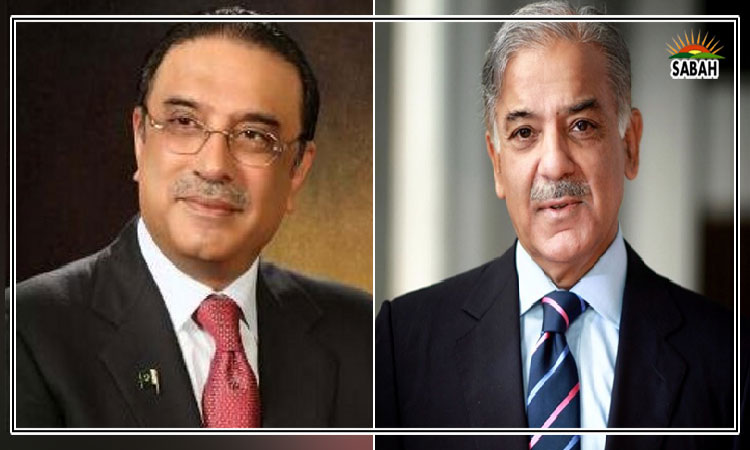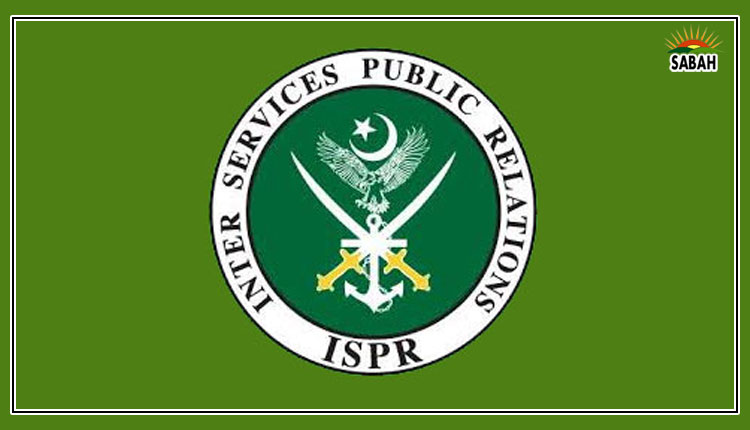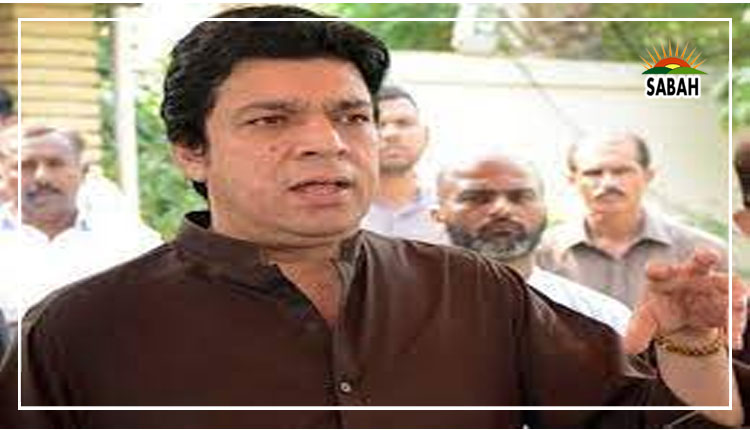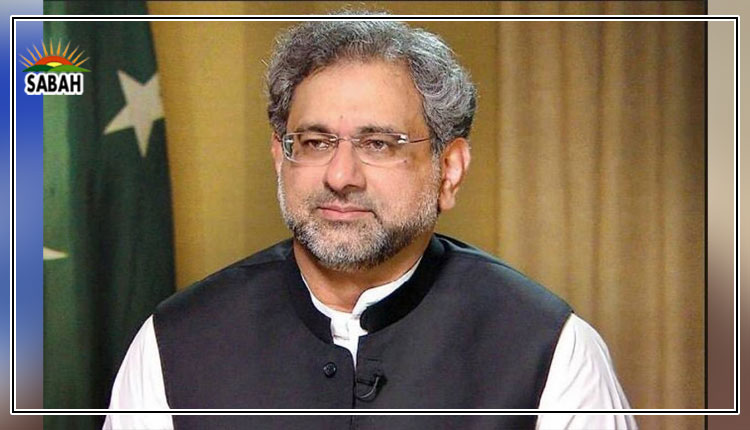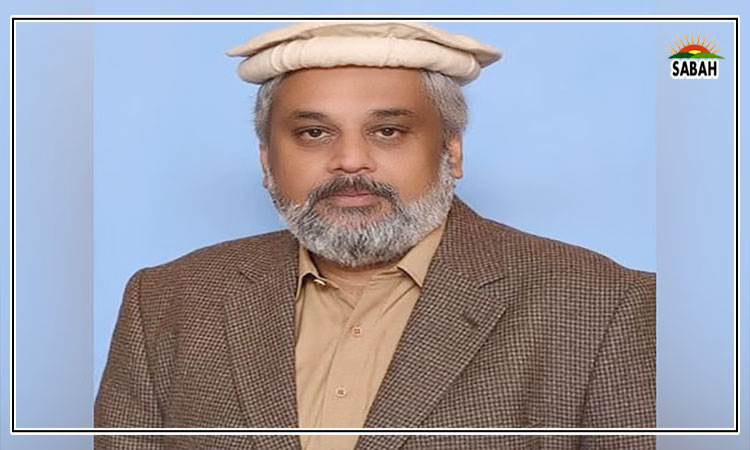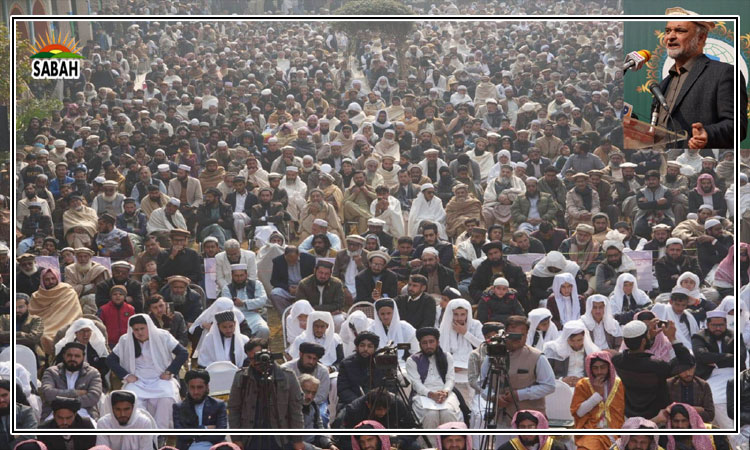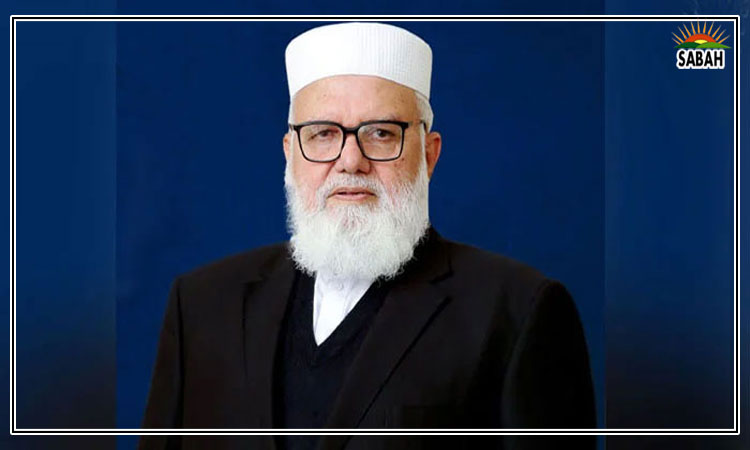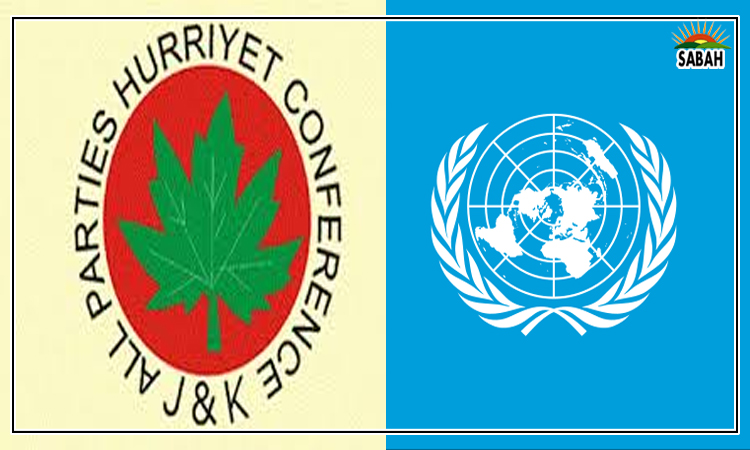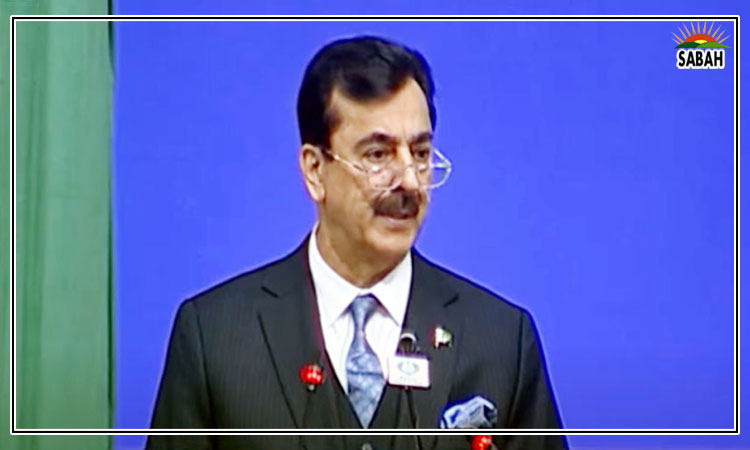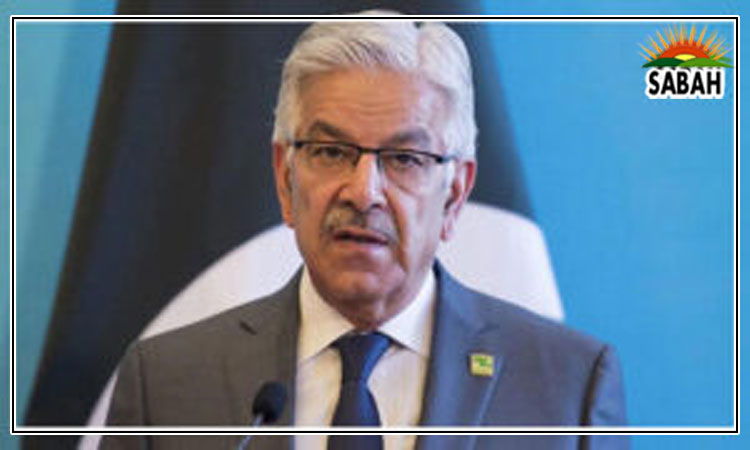Conciliation rather than confrontation…Muhammad Wajahat Sultan
Today, Pakistan is defined by ungovernability, a sagging economy, social cleavages, political polarisation, and the use of digital narrative warfare. Confrontational political discourse in the country is at the root of all the issues. It is politics rather than economics that decides the scope of any state in the 21st century. For the last 75 years, with few exceptions, we have been constantly in a war with narratives and individual leaders. Throughout our political dialect, conciliation and collaboration were irrelevant, which put the state on the brink of collapse. For the collective good of 231 million people in Pakistan, it is time to open up the political dialogue and make a consensus-oriented policy to achieve common. goals.
The politics of confrontation is against democratic principles. Democracy is based on the principles of mutual coordination, collaboration, coexistence, and consensus. Democracy deteriorates in the absence of mutual tolerance among political constituencies and parties. Through broader connectivity among all units, democracy can sail. In Pakistan, politics has been deteriorating. It is because of the schism between political parties and their supporters, society is divided in its admiration for individual leaders. The ongoing war between individual leaders cults has prioritised individual leaders over Pakistans collective destiny. The confrontation of politics has ended the democratisation of perspectives and narratives. Political parties have become synonymous with misinformation and narrative distortion. These narratives have destabilised the political order in the state. As a result, the conditions for governance and institutional growth has been compromised.
Trust is an essential factor that binds individuals to the state. With the advent of digital media and unchecked access to information, it has become an easy task for political leaders to surface confrontation, conflict, and contradictions for their followers. As a result of ongoing narrative production, conflict politics are erupting out of them. Overall, this political adventurism of combativeness rather than compromise has harmed the health of democracy in Pakistan. Moreover, the trust of the people has been lost in the state, which is causing social tension.
The economy functions well when a sense of stability is restored in the country. Political leaders, either in government or the opposition, work together to drive out economic insecurity. Unfortunately, the war of narratives and vendetta politics has dispersed Pakistans political leaders. Their dispersion and deadlock are harming the economy and institutional growth of Pakistan. When domestic instability is the norm in any state, political leaders work tirelessly to soften the image of their party while jeopardising the collective benefit of society.
The 18th Amendment was an amazing triumph of civilian leadership in Pakistan. Civilian leaders were able to create a mutual consensus to bring about the transition of the political system from praetorian democracy to parliamentary democracy. A mutual consensus was built to drive the country from authoritarianism to democratisation. It was a true victory of democratic rule in the state. Despite the fact that the PPP had a weak government based on alliances, the politics of conciliation and consensus caused a major constitutional shift in Pakistan. Later this shift transformed the map of governance as well as the balance between provincial constituencies and the federal government. Political dissent is the soul of democracy, but dissent based on fracture and non-conformity weakens the growth of states. The stagnant economy, an extractive institutional setup, and rising inflation can be dealt with through political stability.
In 2023, we need political maturity. This is where all political units in Pakistan come together and make a mutual consensus to work for a common national cause. Confrontational politics only divides society, and Pakistan cannot afford social division. We need to end the politics of confrontation and give way to the politics of reconciliation and consensus. Democratising the role of politics is a different but essential step for putting a lagging state on a vibrant new path.
Courtesy The Express Tribune


